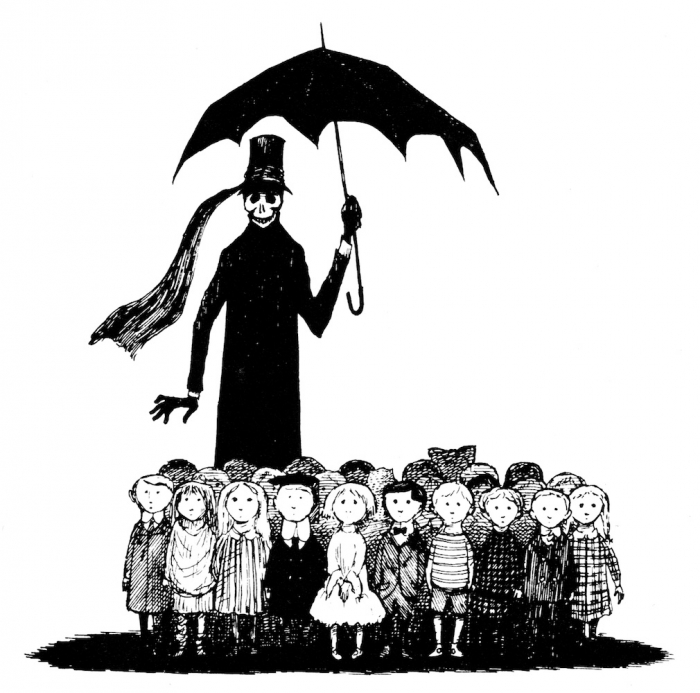“Someone mind the kids!” is the title of one of the columns by Salone del Lutto, whose theme could be defined as “it’s never too early” – never too early to make kids understand how things go, why people die and what death is. Not everybody shares our experience, especially – thank God! – because today people do not take children anymore by the hand to see their great-uncle arranged in the coffin. Do you remember? “How serene he looks … he seems to be asleep” the relatives used to say and you were left with all subsequent considerations and doubts. This happened, of course, if you were a lucky girl: otherwise, the sight of the dead could have provoked indelible traumas to your psyche and turned you into a scared woman. All this doesn’t happen anymore and maybe it did not even happen to every child in 1970s. However, death is a matter we have to deal with. And indeed we have to pay a lot of attention to kids asking questions. We have already mentioned several ideas in our column. A beautiful book illustrated by Wolf Erlbruch, Duck, Death and the Tulip (Gecko Press, 2006), deals with this theme in a clear and delicate way. The Duck approaches Death, and somehow they make friends. When the Duck dies, Death presents her with a Tulip, as a metaphor of the unknown passage to afterlife. The theme is also dealt with by a “colleague” of ours on the Web, Caleb Wilde, the blogger of Confessions of a Funeral Director. On his Facebook page he has posted the image of a funeral that is much less poetic than that of Wolf Erlbruch’s Duck. A beloved goldfish has died and its solemn funeral offers the opportunity to give some explanations about the topic. Luckily there are plenty of ideas. Many are ironic (and maybe more suitable for adults). It is the case of the answer, given by means of furry toys, to the question: “Why hasn’t Fuffi come home this evening?” Road Kill Toys come to our help enveloped in a coroner’s hygienic bag and carrying a death certificate in order to make our children understand – in a serious and composed way – that the animals they see lying at the side of the road through the car-window are not exactly taking a nap… A perfect combination of the themes of frailty and death is the collection of short stories and poems The Melancholy Death of Oyster Boy (Harper Collins, 1997) by Tim Burton, whose illustrations (by Burton himself) remind us of another author – one of the greatest in our opinion – that devoted one of his masterpieces to children, a black and surreal primer that deals with the death of 26 children: from the A of Amy that fell from the stairs to the Z of Zillah that drank too quickly. He is Edward Gorey, with The Gashlycrumb Tinies (in: The Vinegar Works, Simon and Schuster, 1963).

